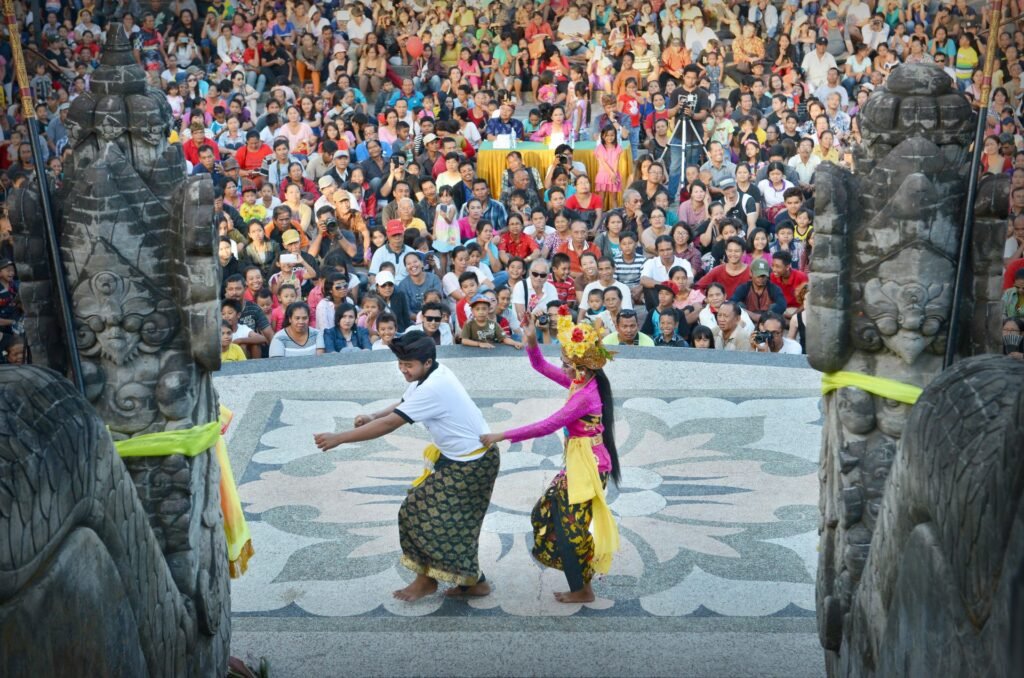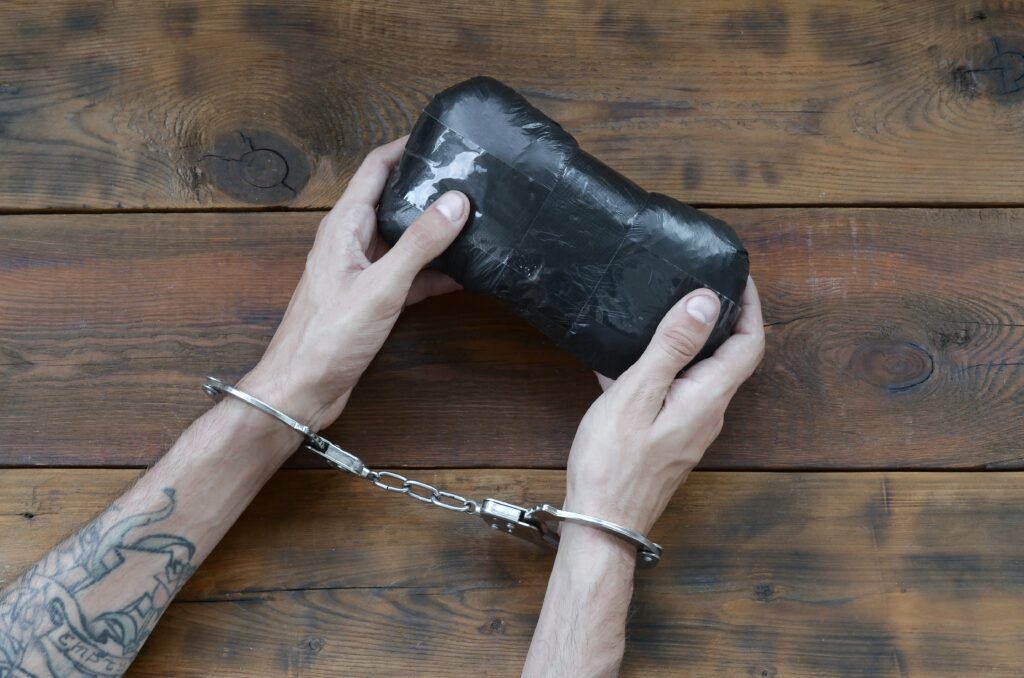
In a decisive move to preserve Balinese culture, the provincial government has banned performances and online distribution of the joged bumbung jaruh dance, citing its sexually suggestive nature as a threat to the island’s artistic and moral values.
Interim Governor Sang Made Mahendra Jaya issued a circular memorandum on Oct. 22, 2024, officially prohibiting public performances and social media uploads of the controversial dance form, known for its provocative movements.
The memorandum aligns with a pronouncement by the Bali Culture Assembly (Majelis Kebudayaan Bali), signed a day earlier by Professor Dr. I Made Bandem, a prominent cultural authority.
“This dance presentation is contrary to the rules of Balinese dance, which are based on logic, ethics, and the established aesthetics of the Hindu religion,” Governor Mahendra Jaya said, invoking the principles of swam (purity), satyam (truth), and sundaram (beauty).
He condemned the jaruh rendition for exploiting the human body, describing it as “tarnishing the dignity and honor of Balinese art.
A Dance Reinterpreted Over Time
The joged bumbung, a traditional couples’ dance originating in Buleleng in the 1940s, was initially a form of lighthearted entertainment for farmers after a day’s labor and a staple at weddings, harvest festivals, and religious celebrations.
Over the decades, however, certain renditions of the dance evolved into the joged bumbung jaruh—The term “jaruh,” which denotes vulgarity—which incorporates overtly sensual movements.
Efforts to reform the dance began years ago with the introduction of the Tari Agirang, a modest interpretation aimed at restoring its original purpose.
But recent viral videos of joged bumbung jaruh performances—featuring suggestive costumes and movements—have alarmed cultural authorities and prompted the current crackdown.

Protecting Bali’s Cultural Image
Effective immediately, the ban prohibits public performances and requires the removal of videos from social media platforms.
Authorities plan to coordinate with local cultural organizations to enforce the policy while promoting traditional, ethical interpretations of the dance.










